 Who are modern german investors? Why are they popular? How do they differ from others?
Who are modern german investors? Why are they popular? How do they differ from others?
Modern German investors escaped traditional limitations. They are truly representatives of modern times. Young enough to understand the requests of modern times. They are strong enough to ignore what is wrong in traditional opinions. And, the most important, modern German investors have the knowledge to build their own empire.
Oliver Jung is among Modern German investors

Oliver Jung is one of the modern German investors. He was born on July 5, 1972, in Heidelberg, Germany. As a boy, he spent most of his childhood in Hockenheim in southern Germany.
Later, he relocated to Karlsruhe.
He attended the Technische Universität Karlsruhe, the University of Karlsruhe. When he was 20, he got a degree in computer science.
As a student, Jung showed interest in Internet technologies. Today, investing is one of his main interests. He participates as founder, the consultant also, in a big number of companies all around the world.
Jung’s first company was eCommerce consulting “Entory AG’. He founded it in 1997.
Only 4 years later he sold the company to Deutsche Boerse Group, which is the giant operator of stock exchanges in Germany.
In that time Jung’s company reached about €100 million of annual sales.
After this purchasing Jung became a member of the Executive Board of Deutsche Börse Systems AG. He held that position for almost one year, not longer.
In 2003 he started to invest in internet and mobile companies.
Form 2004 to 2010 Jung was investor and consultant in various companies in Germany and over the world. Among others, Xing, StudiVZ, Canadian Beyondtherack, Russian KupiVIP, Brazilian Brandsclub, Markafoni from Turkey. He was an investor in Australian Spreets which was sold to Yahoo 2011.
The other company sold to the bigger one was Brands4Friends. It was a German company sold to eBay and Facebook.
Jung founded a lot of companies. In 2007, established the consulting company Springstar. Next year, he founded the real estate investment company Awari Capital GmbH. The core of the Awari business is to buy and hold real estate, essentially in Germany.
He spread his money and influence in Switzerland too. He was a co-founder of Adinvest II, as a part of Adinvest AG, which is the dominant shareholder of Adyen.
In 2011, Jung scored with Springstar when the company partnered with Airbnb.
Jung joined Airbnb full-time and dissolved Springstar in 2012.
He took the main role in Airbnb’s efforts to develop its business in 72 countries. When this project was done, he moved to Houzz. It was 2014.
Houzz is an online network for home design and home improvement professionals and Jung developed their international business.
In the same year, Jung was involved as an investor and consultant, with SpoonRocket, Artsy, Flightcar, iCracked, and Homejoy.
Jung, modern German investors, is a partner, at Jung-Miropolski, Investment Manager at Adinvest AG and Chief Executive Officer at Awari Capital GmbH.
His investments are in Lyft, Adinvest, Airbnb, Artsy, BeyondTheRack, Homejoy, Houzz, Wash.io, Tilt, Ticketfly, and many others.
Elvir Omerbegovic as one of the Modern German investors

Elvir Omerbegovic is one of the modern German investors too.
He is an Angel Investor. We add him because his life-story is incredibly interesting. Omerbegovic was born in Germany, in Mettmann, in 1979. But his origin is from Bosnia.
Actually, Elvir Omerbegovic is a German entrepreneur of Serbian– Bosnian descent. His father is from Bosnia, and mother from Serbia.
He is a German entrepreneur who is largely known as the founder and CEO of the Hip Hop label Selfmade Records and as President of Rap of Universal Music Germany.
He played basketball. By the age of 20, he was professional in basketball. At age 16 he also played basketball at a High School in Kentucky, the US for one season.
When he was 20, he stopped professionally in basketball. Elvir enrolled in college and began studying sociology.
He merited a bachelor’s degree in Political Science, Media, and Sociology. Later, he received a master’s degree in Political Communication.
He started building his publishing house from the age of 24. The first repertoires, with which he began to gain success, were Kollegah and Farid Bang.
Elvir’s milestone was In 1999. He met Philipp Dammann during a community service training in Herdecke, Germany. Dammann alias is Flipstar and he was a member of the Hip Hop group Creutzfeld & Jakob.
Omerbegovic was interested. He began to perform as a rapper under the name Slick One. Flipstar also gave Omerbegovic opening contacts in the German Hip Hop scene.
In 2003, Omerbegovic was introduced in the song Game Over for the first time on the Creutzfeld & Jakob album “Zwei Mann gegen den Rest’.
Over the next two years, he recorded contributions to five releases by Selfmade Records.
On the track Bruderkrieg, a collaboration with Edo Maajka, Bosnian musician, Omerbegovic appeared as a rapper for the last time.
He established a music label with Philipp Dammann under the name “Selfmade Records.” Initially, the label was only supposed to work as a platform for Dammann’s publicity as Flipstar.
But soon he spread his business to the other Hip Hop acts in the region.
In 2014, Elvir Omerbegovic and Maximilian Scharpenack established the Suckit GmbH. They did it with Marco Knauf and Inga Koster, founders of the company true fruits. Suckit specializes in the production of alcoholic water ice, freeze-pops.
Soon after sales began by the company’s website in April 2014, Suckit sold almost 30,000 units of its products.
Today, this merchandise is distributed over numerous supermarkets. According to Suckit, 750,000 units of ice were sold in the first two-year. More than 500,00 just in one year, in 2015.
Next year they hit the new record, 1.4 million units were sold.
In April 2005, the sampler Schwarzes Gold was released as the first Selfmade Records production.
At the end of May 2009, Omerbegovic established the fashion brand Pusher Apparel.
The new fashion products were combined with the marketing efforts of the album “Jung, brutal, gutaussehend”. Rappers Kollegah and Farid Bang promoted new fashion products.
Pusher Apparel is part of the network of the Bravado Merchandise GmbH, a sub-company of Universal Music Group.
The product line fundamentally targets sporty male customers between 13 and 28 years of age.
The interesting part is that sales are exclusively done via the company’s online shop.
Many German rappers promote this fashion label. In June 2016, Rappers Gzuz and Bonez MC of the 187 Strassenbande signed a cooperation agreement with Pusher Apparel.
Later, MoTrip, Marteria, Farid Bang, KC Rebel, Schwesta Ewa, 257ers, Favorite, Joko Winterscheidt, Klaas Heufer-Umlauf, and Micaela Schäfer had shows with the product.
Why Elvir Omerbegovic is here as one of the modern German investors?
Because he is a kind of Slumdog Millionaire. He raised in a problematic environment, came from the family with broken roots, but he had the power and strength to fly to the sky.
Guy Spier is one of the Modern German investors
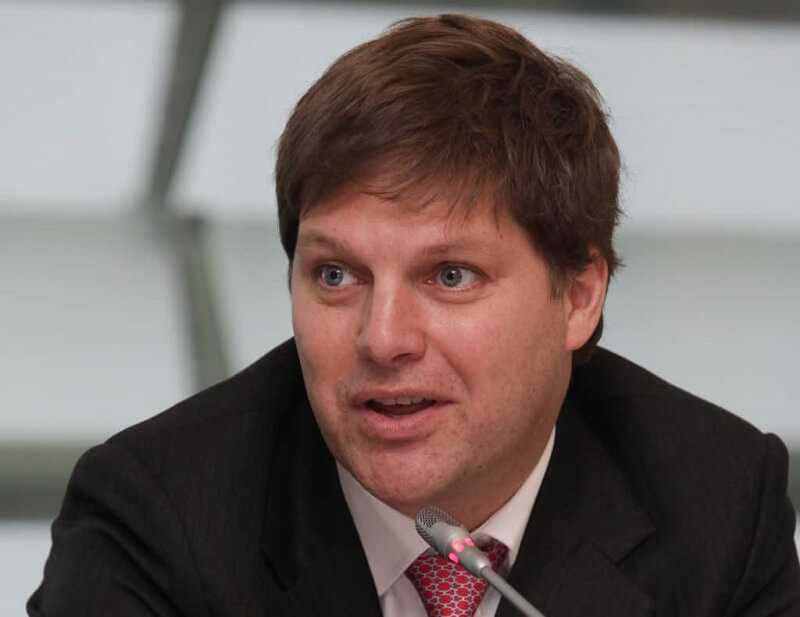
Guy Spier is a great German value investor and one of the best among modern German investors. He was born in South Africa on February 4, 1966. Spier spent his early years in Iran and Israel. He received a bachelor’s degree from Oxford and an MBA from Harvard. Also, he lived in New York. In 2008 he moved with his family to Zurich.
Spier is a polyglot thanks to many different countries he lived in.
His reputation among the value investing community is growing day after day. Spier is well-known for paying $650 000 to have charity lunch with Warren Buffett.
His 2014 book, “The Education of a Value Investor,” is very popular among investors. It’s one of Amazon’s best-seller.
Almost three years, from 1988 – 1990, Spier worked at Braxton Associates. Later it became Deloitte Consulting. In 1991, he worked at the European Commission in Brussels.
Spier started out as a professional money manager in 1997 with $15 million mostly borrowed from family and friends.
Since then he achieved excellent returns in the S&P 500. In 2011, his profit was 221.6% versus the S&P 500’s 36.7%. That’s an awesome result.
Spier manages the Aquamarine Fund, an investment partnership inspired by Warren Buffett’s 1950s investment partnerships. He is also a financial commentator in the media, from time to time.
Aquamarine is fairly restrictive with regards to who it manages money for, and fund information is only distributed by request. Also, the fund inspiration was Buffett’s early investments but Speir is more Benjamin Graham type of investor.
Meaning Spier prefers traditional deep value investments.
Just like many other young investors in value investing, Spier’s focus was on Warren Buffett’s investment strategy. It means buying growing companies with powerful moats at fair prices.
He was really devoted to Buffett’s strategy. He studied every single detail. And he was playing according to that.
But soo, Spier revealed some errors.
As Guy Spier explained, Buffett’s strategy has a few major pitfalls.
“Something I learned during the financial crisis was that when you pay up for a better business, you can suffer greatly when the price people are willing to pay for that business goes down dramatically, as it did in 2008. …I lost more money owning those businesses than I would have if I had owned the right cigar butts…”
But large declines in price in the periods of bear markets wasn’t the only investment problem that Spier, this modern German investors, detected. He revealed, the GARP strategy also forced investors into doing extreme behavioral errors when investing.
“If you talk about your stocks, it will affect how you think about them as well as the portfolio decisions you make. At the time, I did not believe it would skew my decision making. But if I go back over the life of Aquamarine Fund and examine my letters to investors, I can see clearly how this created a bias for better businesses, simply because it was more fun to talk about them.”
This was followed by an admission that he developed a bias for companies that are fun to talk about.
Say, Buffett was right when calling inflation a ‘corporate tapeworm’.
So, as a result, we have, emotional prejudices are surely an investor’s tapeworm.
They make investors overvalue the returns they can expect from specific stock. Also, there can be some misconception about how quick some company will become, or how big profit the business will produce. This trick occurs frequently due to the Halo Effect.
When investors assume that one single good company’s feature is followed by others, also good.
The trend to assign or overvalue a spectrum of good features that a company may not truly have.
For example, you may see the fruit from the South as juicy, sweet, and tastier by virtue of its image. But it may not actually possess any of those attributes.
The same belief is at play in investing.
As Guy Spier reveals, you end up paying a large price upfront for a business that is suffering a continual rule of nature.
And finally, that return on equity will drop. So the company will be far less successful than when you detected it.
Moreover, the risk-reward correlation may still be in an investor’s benefit, but the company’s margins can face a huge volume of pressure.
Spier supported firmly Warren Buffett’s principles on Value Investing and capital allocation.
Today, he also reveals that Value Investing has changed over time. Well, the reputation and popularity of this style mean that fewer chances are possible to investors. Beliefs that it will work would still be around.
But the victorious value investor of modern times has to look beyond. Sometimes out-of-the-box.
And Spier gave that possibility, a critical view on traditional value investing.
Spier lives in Zurich with his wife and three children.

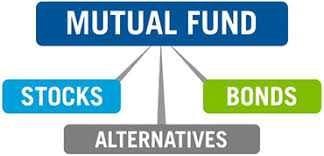





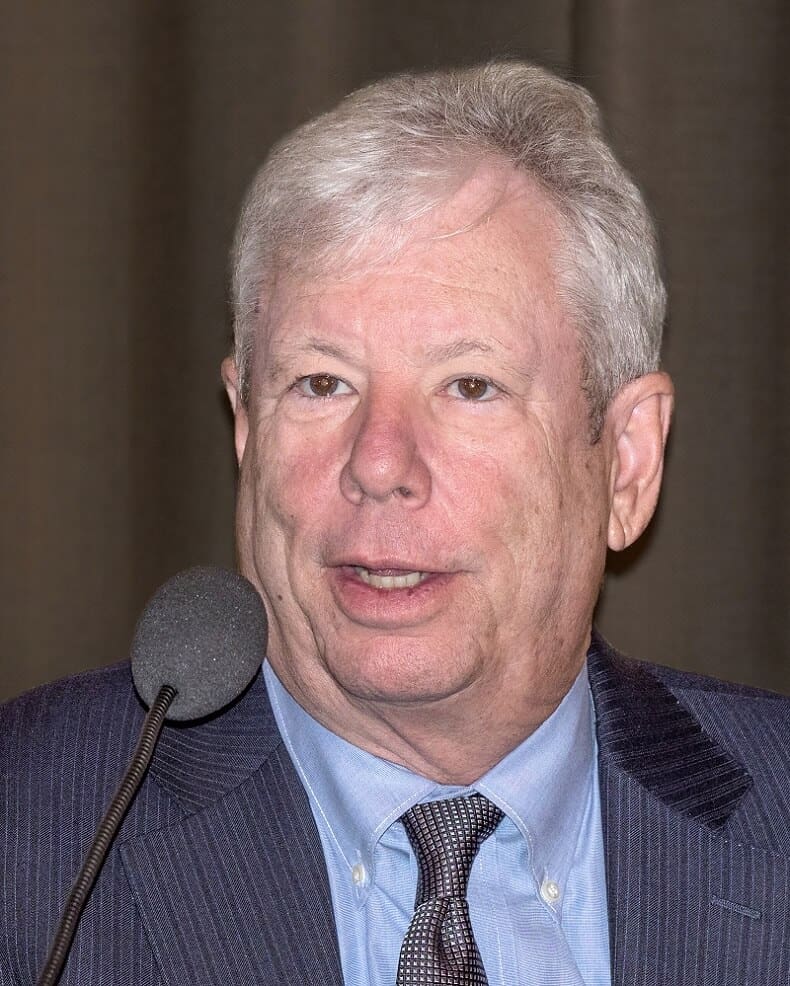


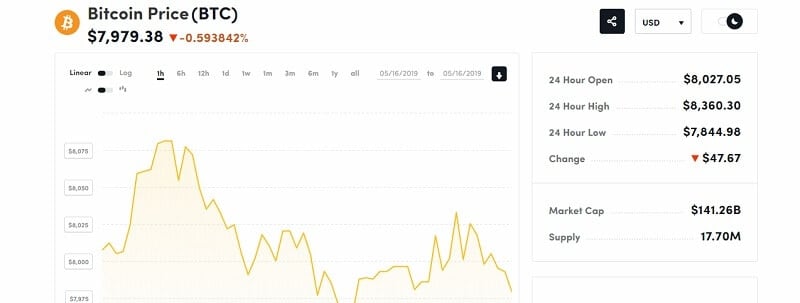





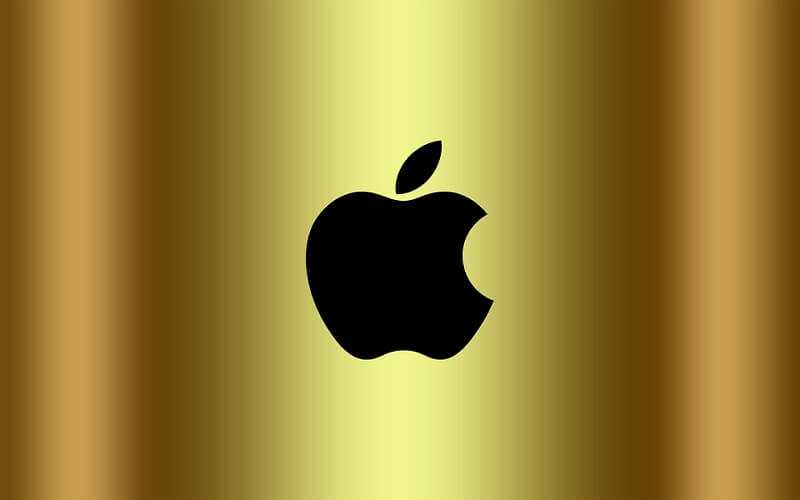



 Who are modern german investors? Why are they popular? How do they differ from others?
Who are modern german investors? Why are they popular? How do they differ from others?



 The survey “War on Stress” showed young investors feel stressed and insecure while investing.
The survey “War on Stress” showed young investors feel stressed and insecure while investing.
 There is no such thing – worst investors. Yes? No? Read to the end.
There is no such thing – worst investors. Yes? No? Read to the end.





 by Gorica Gligorijevic
by Gorica Gligorijevic